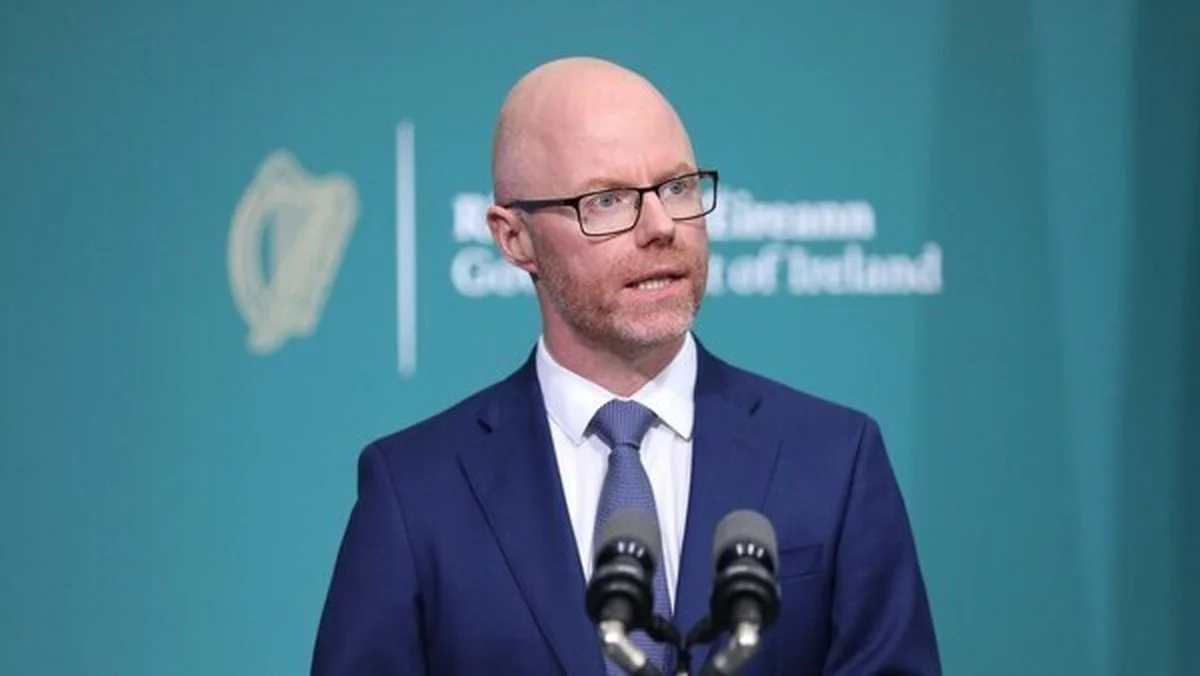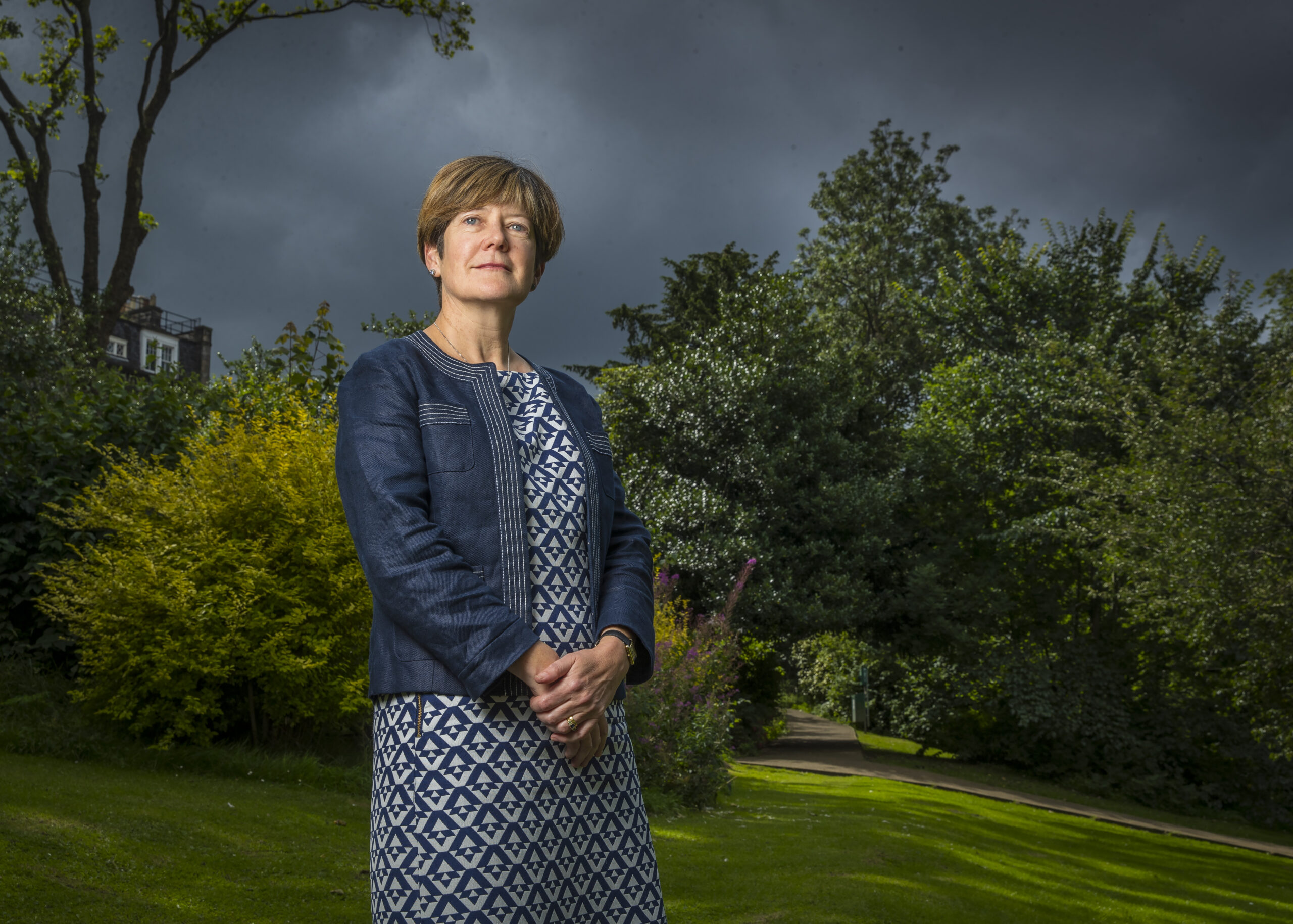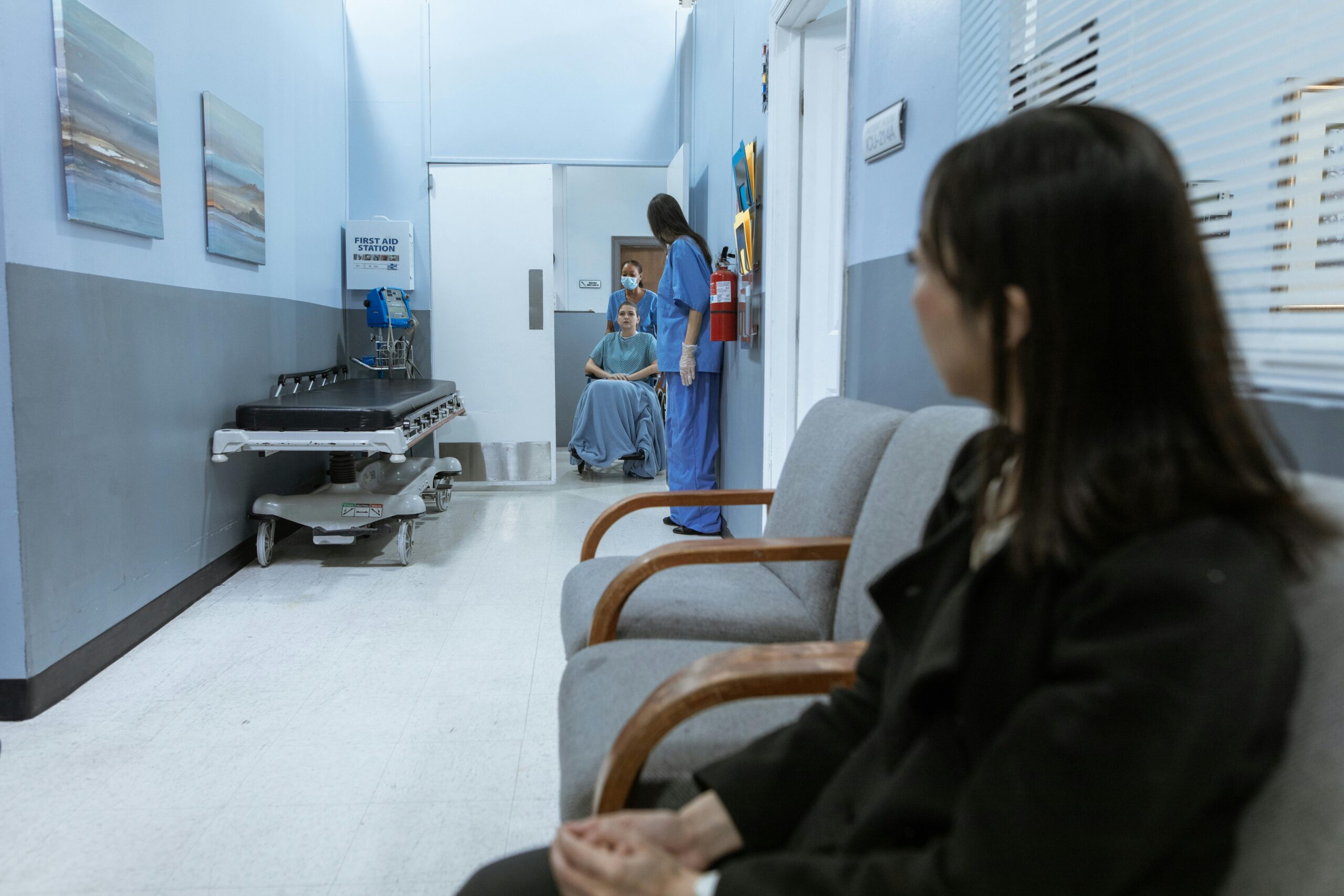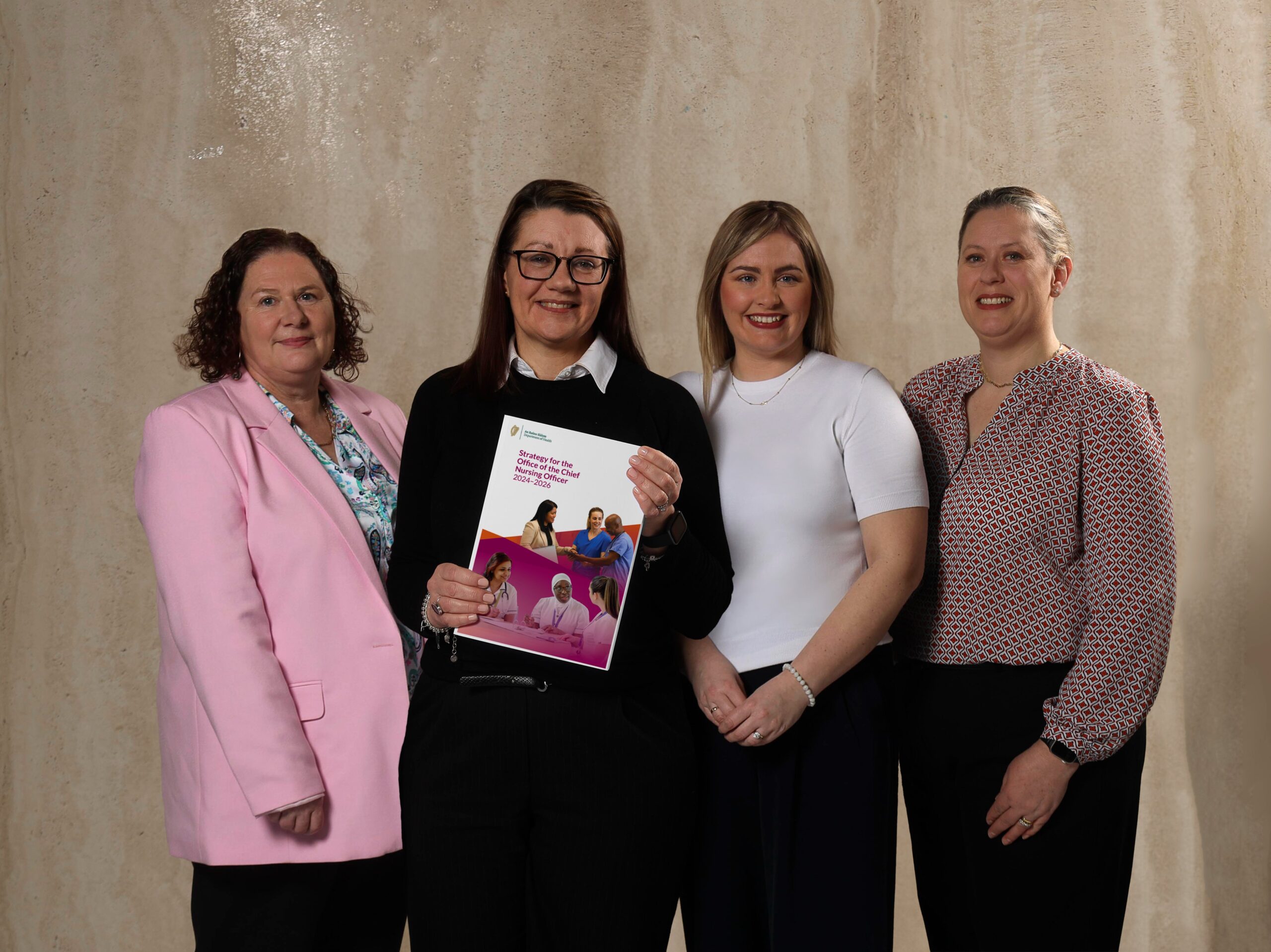WHO Recommends Treaty to Strengthen Global Health Security
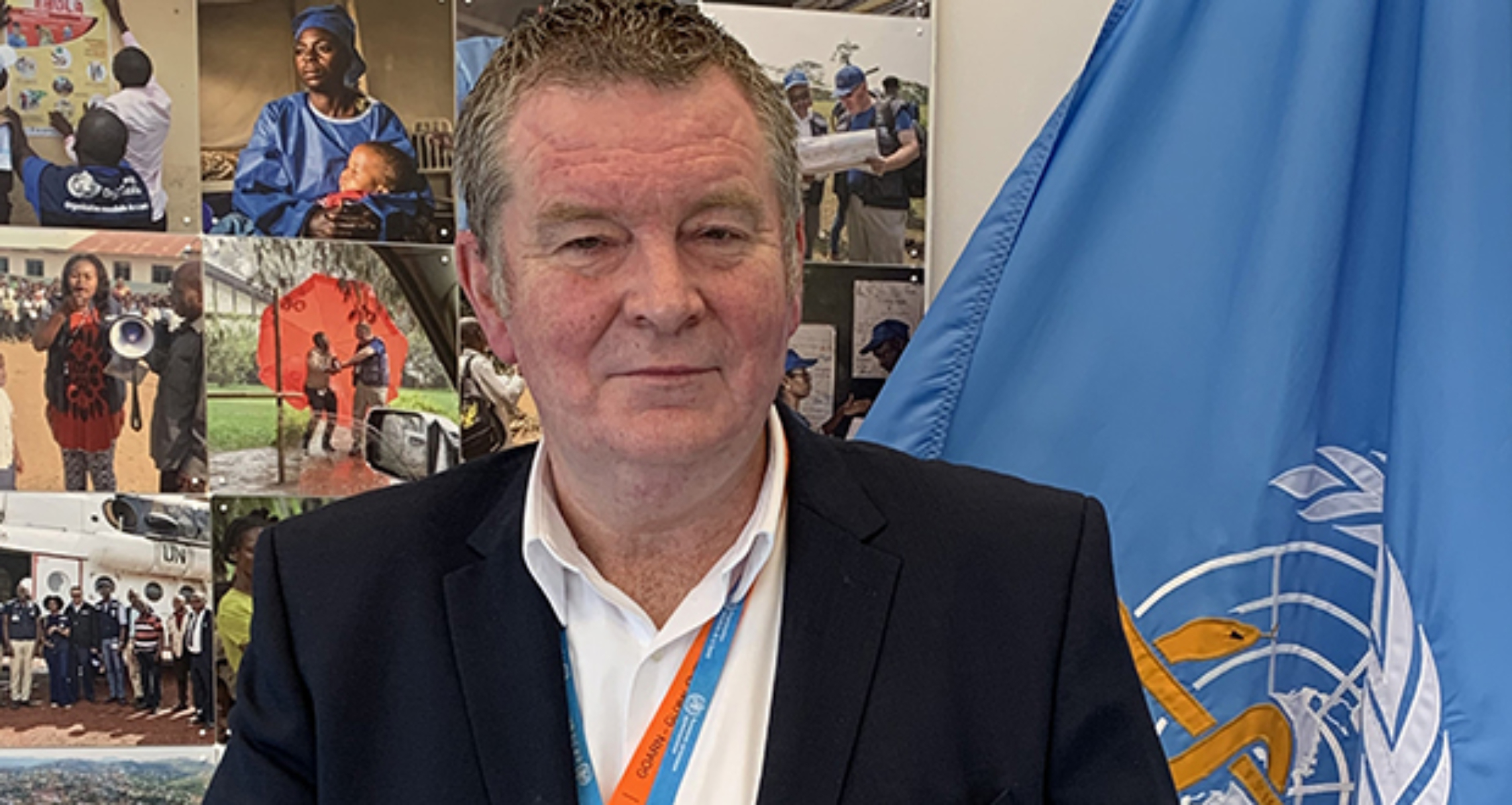
The World Health Organisation (WHO) has backed the recommendation for a treaty that would strenghten global health security.
One of the major gaps exposed during the pandemic has been the lack of international solidarity and sharing of pathogen data, epidemiological information, specimens, resources, technology and tools such as vaccines, Dr Mike Ryan, World Health Organization (WHO) Executive Director, World Health Emergencies Programme has told the United Nations General Assembly.
Dr Ryan said the Covid-19 pandemic had revealed two critical areas in which the world needed to do far more to bolster global health security: strengthening and sharing.
All work to prevent future pandemics must start locally, by strengthening public health surveillance and systems that could detect and contain diseases at source, stronger primary health care systems that could save lives, and bolstering community engagement and participation through stronger social safety nets.
“That must be our first priority,” said Dr Ryan who was speaking on behalf of the WHO Director-General, Dr Tedros Ghebreyesus.
His remarks were delivered to the UN General Assembly briefing on the measures recommended by the Independent Panel for Pandemic Preparedness and Response published in May.
Recommended actions included that the United Nations General Assembly should adopt a political declaration setting out a road map to strengthen the international system; a Global Heath Threats Council be established at Head of State and Government level, with its membership endorsed by the General Assembly.
The Panel also called for steps to strengthen and empower WHO, and backed proposals for a new pandemic framework convention.
Dr Ryan underlined that the WHO believed the recommendation for a treaty on pandemic preparedness and response would do most to strengthen both WHO and global health security.
Since September 2020, the Independent Panel had examined why Covid-19 became a global health and socio-economic crisis.
Source: Irish Medical Times
You might also like
For relevant updates on Emergency Services news and events, subscribe to EmergencyServices.ie






